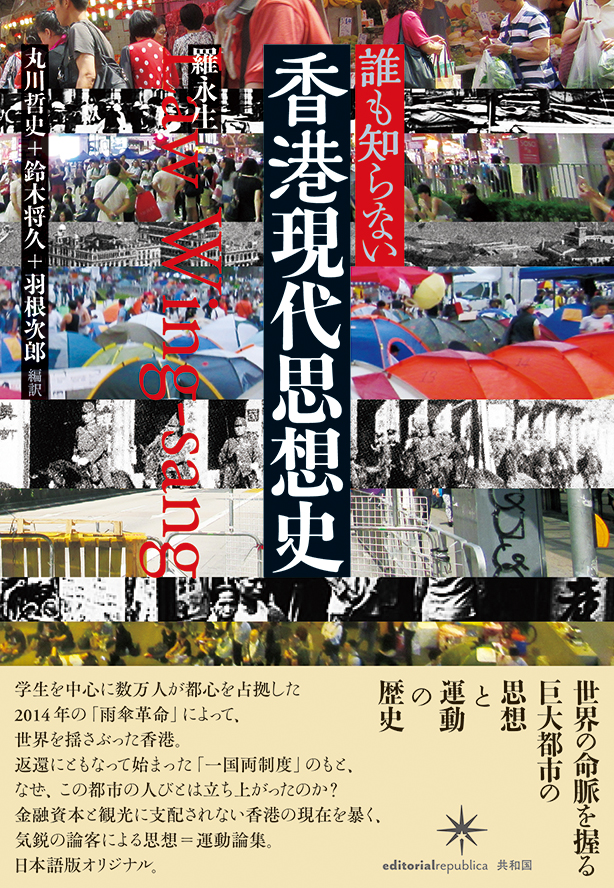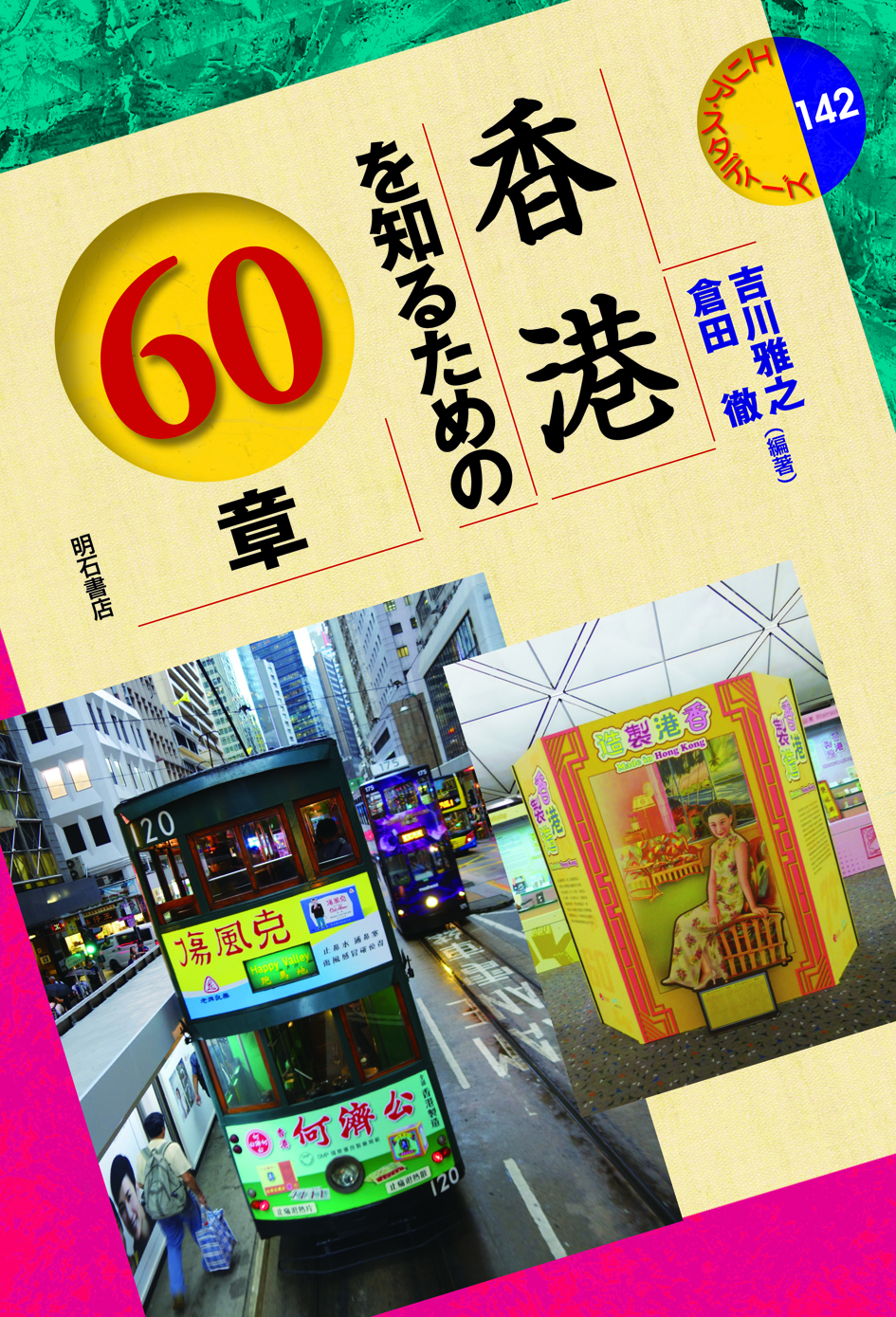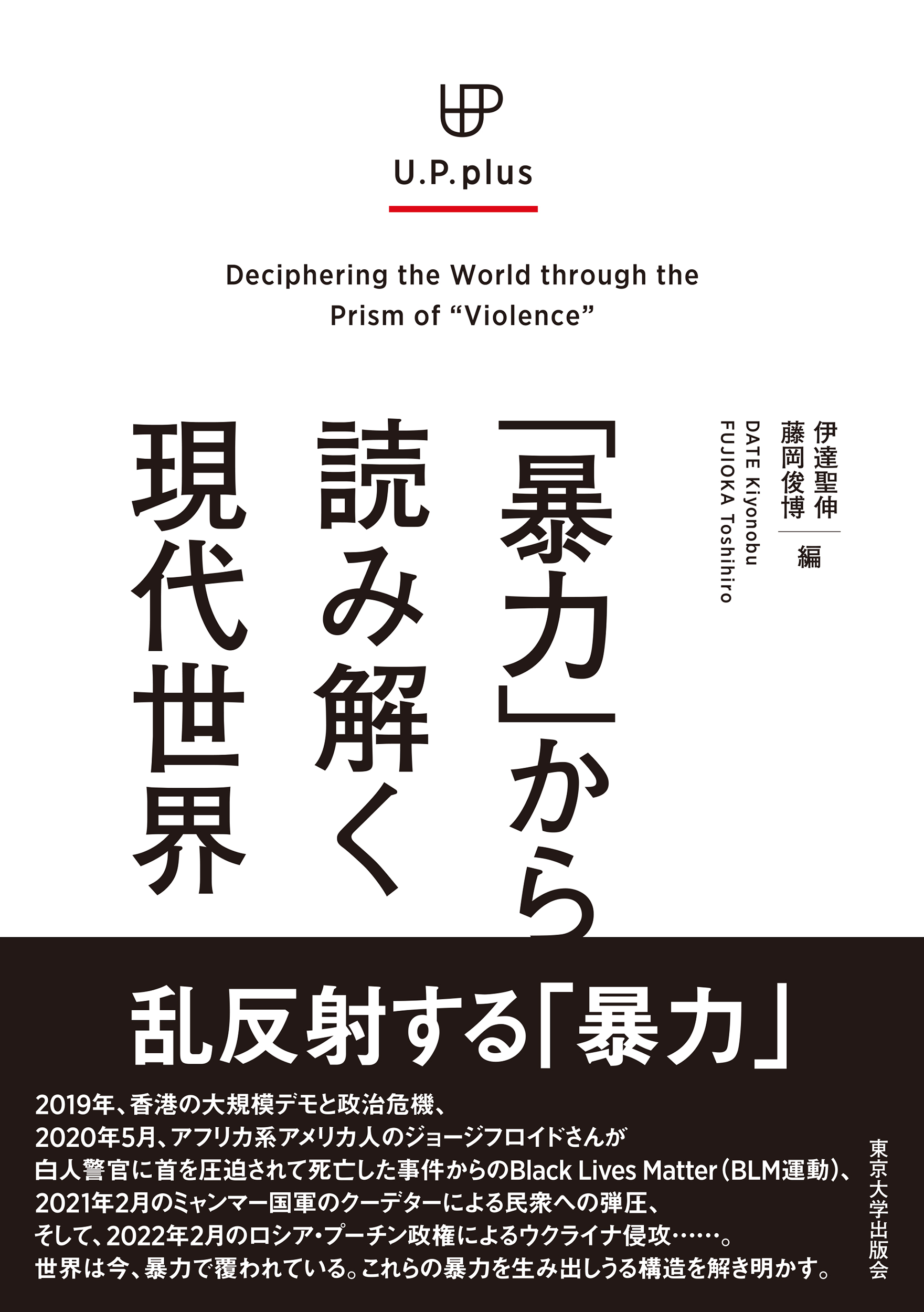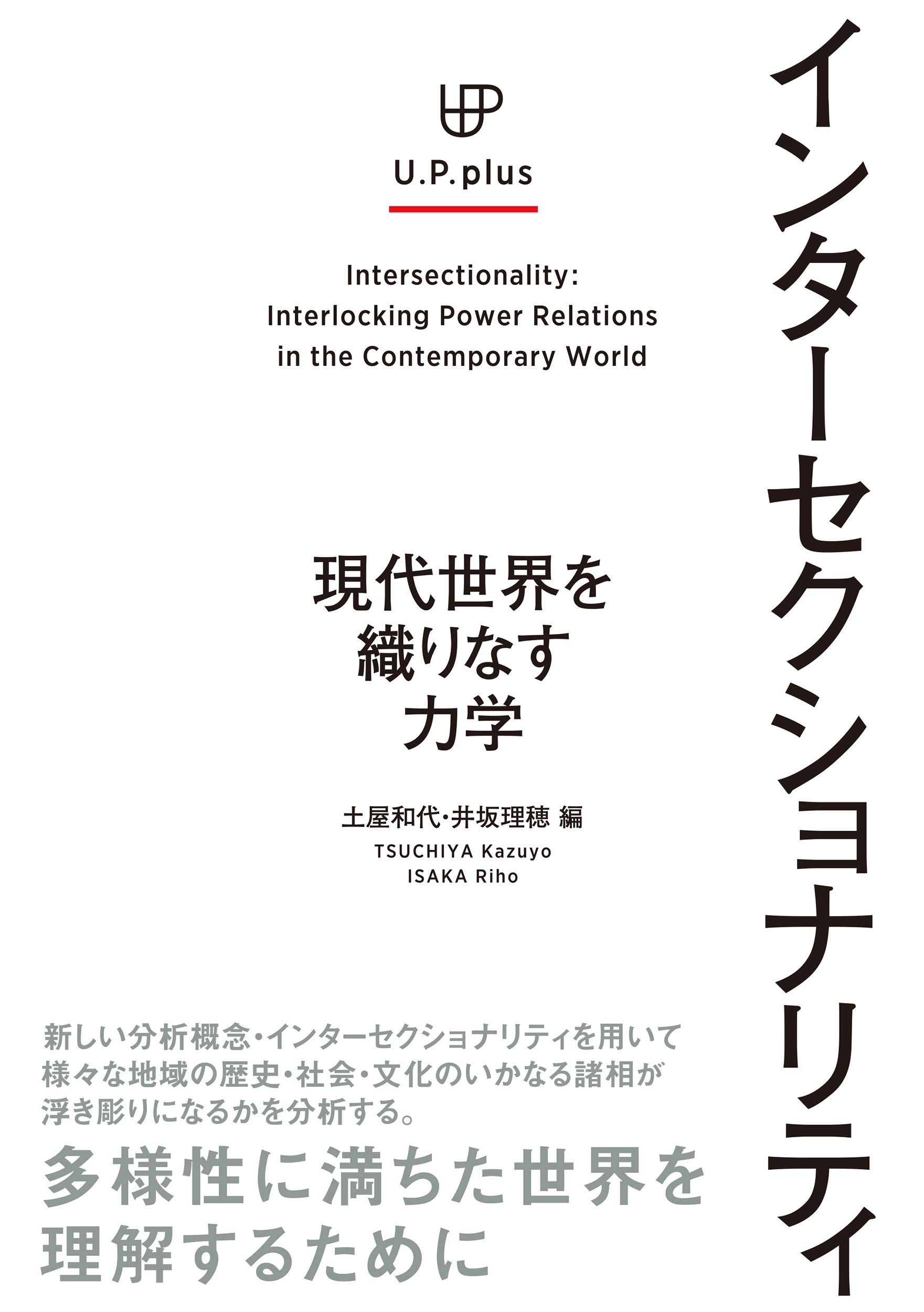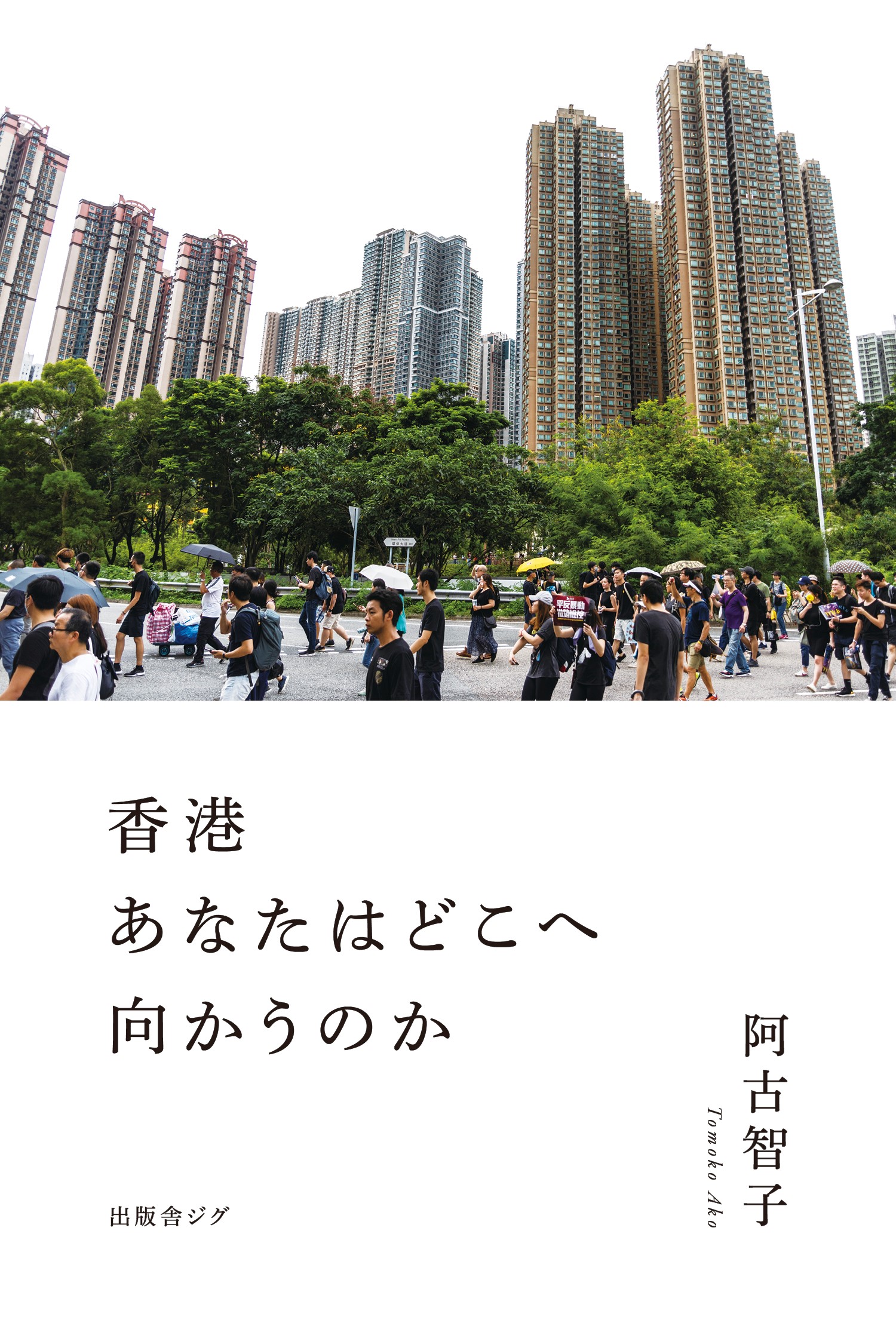
Title
Hong Kong Anata wa dokoe mukaunoka (Hong Kong: The City in Tears)
Size
262 pages, 127x188mm
Language
Japanese
Released
September 30, 2020
ISBN
978-4-909895-04-2
Published by
Jig Publishing
Book Info
See Book Availability at Library
Japanese Page
Hong Kong, which became a British colony after the Opium War, returned to the British after three years and eight months of Japanese occupation (1941-1945). After that, at the end of the 1970s, negotiations started over the return of sovereignty to China, but there was no option for citizens or their chosen representatives to become political actors and participate in the process. On July 1, 1997, sovereignty was returned to China, and Hong Kong has since been governed under the "One Country, Two Systems" principle. There are many restrictions to the principle however, and Hong Kong cannot maintain itself fully independently. At the same time, Hong Kong society has always reflected a multi-layered colonial structure.
In 2019, public protests and resistance intensified as demonstrations against the amendments to the Extradition Ordinance expanded. Behind this unrest lay the historically accumulated problems of social division and disparity. What are the people of Hong Kong worried about? How are they suffering, and how do they see the future? The author lived in Hong Kong as a graduate student from 1996 to 2000. She looked back on her days at that time, and spoke with her old friends and teachers. She also interviewed housewives, social workers, a part-time police station staff member, graduate students, a Hong Kong Japanese high school student, pro-Chinese pensioners, and intellectuals.
It is through the education received at home, in the community, and at school, that we perceive our present and past, and see what the future holds. Governments reform education and make plans for human resource development from the perspective of individual development, as well as economic development, and international relations. Upon the decision of returning sovereignty to China, Civic Education was of particular importance in Hong Kong's educational reforms. A Liberal Studies curriculum was developed as an extension of that trend, which became compulsory in 2009. The trajectory of Hong Kong people's attempts to reexamine their past, present, and future is reflected in this process of educational reform and learning.
However, in Hong Kong, where the National Security Law has been enforced, the way Liberal Studies is implemented has significantly changed. There is a marked tendency in China for the state to place great restrictions on the content and methods of education, and a similar movement has spread to Hong Kong.
Democracy matures only with the independent and active political and social participation of the people. On the contrary, if laws such as the National Security Law, which deprive people of their ability to think critically and act are enforced, civil society will decline, and it will be difficult to realize democracy. Even in Japan, where democracy is institutionally guaranteed, such a move should not be seen as a fire on the opposite bank.
The second half of this book considers how Taiwan is trying to learn from history, while Japanese society forgets history, and explores the sharing and dialogue of questions in East Asia, where economic, political, and human exchanges intersect. Based on the experience and thoughts of the author, who has continued to conduct fieldwork in China and has supported Chinese human rights lawyers and their families, this book seeks to capture the underlying aspects of violence, silence, and resistance in society.
(Written by AKO Tomoko, Professor, Graduate School of Arts and Sciences / 2021)



 Find a book
Find a book


